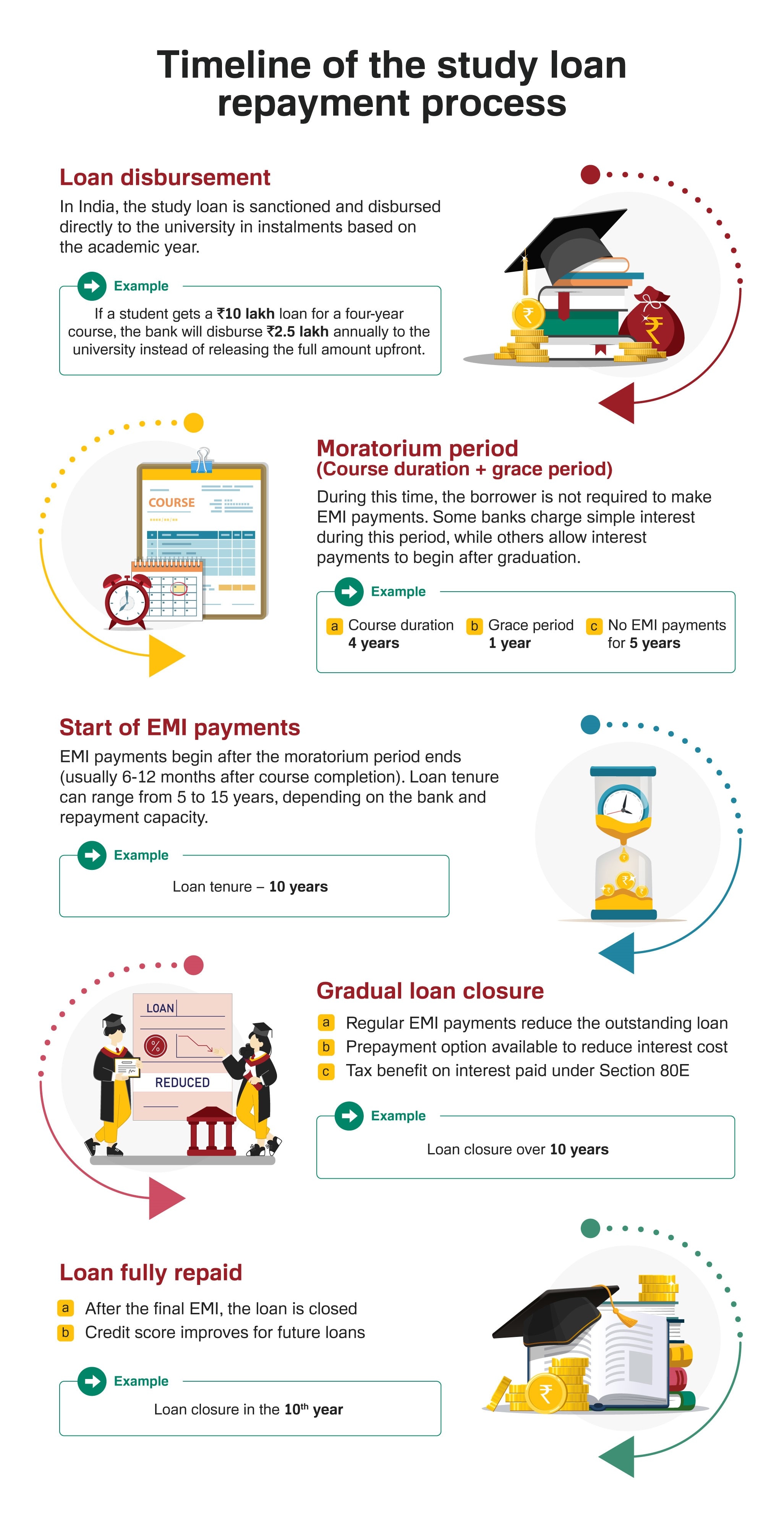CKYC Registry
-
Customer Service Contact us Service request Locate a branch
Find all the help you need
Scan the QR, get our app, and find help on your fingertips

Help CenterSupport topics, Contact us, FAQs and more
-
Login
Are you ready for an upgrade?
Login to the new experience with best features and services
-
Login
Are you ready for an upgrade?
Login to the new experience with best features and services
- Accounts
-
Deposits
IDFC FIRST Bank Deposits
View all Deposits -
Loans
IDFC FIRST Bank Loans
View all Loans - Wealth & Insure
-
Payments
IDFC FIRST Bank Payments
View all Payments -
Cards
IDFC FIRST Bank Cards
View all Cards - Blogs
- Corporate Account
-
Cash Management Services
IDFC FIRST Bank Cash Management Services
View all Cash Management Services - Supply Chain Finance
-
Corporate Lending
IDFC FIRST Bank Lending
View all -
Treasury
IDFC FIRST Bank Treasury
See more details - NBFC Financing
Support topics, Contact us, FAQs and more
- IDFC FIRST Bank Accounts
-
Savings Account
-
Corporate Salary
Account -
Senior Citizens
Savings Account -
First Power
Account -
Current Account
-
NRI Savings
Account -
TASC Institutional
Account -
Savings Account
Interest Calculator
- IDFC FIRST Bank Deposits
-
Fixed Deposit
-
Recurring Deposit
-
NRI Fixed Deposit
-
Safe Deposit Locker
-
FD Calculator
-
RD Calculator
- IDFC FIRST Bank Loans
-
Personal Loan
-
Consumer Durable
Loan -
Home Loan
-
Business Loan
-
Professional Loan
-
Education Loan
-
New Car Loan
-
Pre-owned Car Loan
-
Two Wheeler Loan
-
Pre-owned Two
Wheeler Loan -
Commercial Vehicle
Loan -
Gold Loan
-
Loan Against Property
-
Loan Against Securities
-
Easy Buy EMI card
-
Personal Loan
EMI Calculator -
Education Loan
EMI Calculator -
Home Loan
EMI Calculator
- IDFC FIRST Bank Wealth & Insure
-
FIRST Select
-
FIRST Wealth
-
FIRST Private
-
Mutual Funds
-
Sovereign Gold Bond
-
Demat Account
-
Term Insurance
-
Life Insurance
-
Health Insurance
-
General Insurance
-
Bonds
-
Loan Against
Securities -
Portfolio Management
Service
- IDFC FIRST Bank Payments
-
FASTag
-
Credit Card
Bill Payments -
UPI
-
Funds Transfer
-
Forex Services
-
Pay Loan EMI
- IDFC FIRST Bank Cards
-
Ashva :
Metal Credit Card -
Mayura :
Metal Credit Card -
FIRST Millennia
Credit Card -
FIRST Classic
Credit Card -
FIRST Select
Credit Card -
FIRST Wealth
Credit Card -
FIRST WOW!
Credit Card -
Deals
-
Debit Cards
-
Co-branded Cards
-
Credit Card
EMI Calculator -
FIRST Corporate
Credit Card -
FIRST Purchase
Credit Card -
FIRST Business
Credit Card
- Premium Metal Credit Cards
-
AshvaLifestyle1% Forex₹2,999
-
MayuraLifestyleZero Forex₹5,999
-
FIRST PrivateInvite Only
- Best for travellers
-
MayuraZero ForexMetal₹5,999
-
Ashva1% ForexMetal₹2,999
-
FIRST WOW!Zero ForexTravelLifetime Free
-
FIRST SWYPTravel OffersEMI₹499
-
FIRST Select1.99% ForexLifestyleLifetime Free
-
FIRST Wealth1.5% ForexLifestyleLifetime Free
-
Club VistaraTravelLifestyle₹4,999
-
IndiGo IDFC FIRST Dual Credit CardTravelLifestyle₹4,999
- Max benefits, Free for life
-
FIRST Classic10X RewardsShoppingNever Expiring Rewards
-
FIRST Millennia10X RewardsShoppingNever Expiring Rewards
-
FIRST Select10X RewardsLifestyle1.99% Forex
-
FIRST Wealth10X RewardsLifestyle1.5% Forex
-
FIRST WOW!RewardsTravelZero Forex
-
LIC ClassicRewardsInsuranceShopping
-
LIC SelectRewardsInsuranceShopping
- Reward Multipliers
-
AshvaLifestyleMetal₹2,999
-
MayuraLifestyleZero Forex₹5,999
-
FIRST ClassicNever Expiring RewardsShoppingLifetime Free
-
FIRST MillenniaNever Expiring RewardsShoppingLifetime Free
-
FIRST SelectNever Expiring RewardsLifestyleLifetime Free
-
FIRST WealthNever Expiring RewardsLifestyleLifetime Free
- Rewards & Credit on UPI
-
FIRST Power+FuelUPI₹499
-
FIRST PowerFuelUPI₹199
-
FIRST EA₹NVirtual1% Cashback₹499
-
FIRST DigitalVirtualUPI₹199
-
IndiGo IDFC FIRST Dual Credit CardUPITravelDual cards
- Fuel and Savings
-
FIRST PowerRewardsUPI₹199
-
FIRST Power+RewardsUPI₹499
-
LIC ClassicRewardsInsuranceShopping
-
LIC SelectRewardsInsuranceShopping
- Express and Flaunt
-
AshvaMetal1% Forex₹2,999
-
MayuraMetalZero Forex₹5,999
-
FIRST SWYPEMIOfferMAX₹499
-
FIRST MillenniaRewardsShoppingLifetime Free
- FD Backed rewarding Credit Cards for all
-
FIRST EA₹NVirtualCashback₹499
-
FIRST WOW!Zero ForexTravelLifetime Free
-
CreditPro Balance TransferTransfer & SaveReduce InterestPay Smartly
- IDFC FIRST Bank NRI Forex Solutions
-
Send money to India-Wire transfer
-
Send money to India-Digitally
-
Send money abroad
-
Max Returns FD (INR)
- IDFC FIRST Bank MSME Accounts
-
Platinum Current
Account -
Gold
Current Account -
Silver Plus
Current Account -
Merchant Multiplier
Account -
Agri Multiplier
Account -
TASC Institutional
Account -
Dynamic Current
Account -
World business
Account -
First Startup
Current Account
- IDFC FIRST Bank Business Loans
-
Business Loan
-
Professional Loan
-
Loan Against Property
-
Business Loan for Women
-
Working Capital Loan
-
Construction Equipment Loan
-
Machinery Loan
-
Healthcare Equipment Loan
- IDFC FIRST Bank Business Solutions
-
Payment Solutions
-
Tax Payments
-
Doorstep Banking
-
Point of Sale (POS)
-
Escrow Accounts
-
NACH
-
Payment Gateway
-
UPI
-
Virtual Accounts
-
As per amendment in the Income Tax Rules, PAN or Aadhaar are to be mandatorily quoted for cash deposit or withdrawal aggregating to Rupees twenty lakhs or more in a FY. Please update your PAN or Aadhaar. Kindly reach out to the Bank’s contact center on 1800 10 888 or visit the nearest IDFC FIRST Bank branch for further queries.
-
-
Most Searched
Sorry!
We couldn’t find ‘’ in our website
Here is what you can do :
- Try checking the spelling and search
- Search from below suggestions instead
- Widen your search & try a more generic keyword
Suggested
Get a Credit Card
Enjoy Zero Charges on All Commonly Used Savings Account Services
Open Account Now
Education Loan
How a study loan in India could help in pursuing higher education
Key Takeaways
An education loan in India to study abroad provides financial flexibility, allowing students to focus on pursuing higher education without worrying about tuition fees and other expenses.
The right education loan offers flexible repayment options and lower interest rates than other loans, making it affordable for students.
With IDFC FIRST Bank, the loan application process to study abroad is simple. The funds are quickly approved, and repayment terms are tailored to students' needs.
Riya had always dreamed of becoming an aerospace engineer. From building model rockets as a child to securing admission to a top university, every step brought her closer to her goal. Her excitement knew no bounds as she imagined the new experiences, the knowledge she would gain, and the opportunities that awaited her.
For Riya and countless students in India, pursuing higher education is more than just earning a degree—it is the gateway to new possibilities, global exposure, and personal growth. It opens doors to prestigious careers, cutting-edge research, and the chance to make a real impact. The journey to success begins with the right education, and today, students have more opportunities than ever to study at the best institutions, both in India and abroad. An education loan in India can provide the financial support to make these dreams a reality. With access to the right funding, students can focus on their goals without hesitation.
Let’s explore study loans in India and how they can help make your academic journey smoother and more achievable.
READ MORE
The rising cost of education in India
Higher education is an investment, but it comes with significant costs. Engineering, medical, management and other professional courses at reputed institutions require substantial financial resources.
In India, tuition fees for undergraduate courses at private universities range between ₹1 lakh and ₹5 lakhs annually, with some institutions charging up to ₹25 lakh for specialised courses like engineering and medicine. Postgraduate programs can be even more expensive, often exceeding ₹6 lakh per year. For students planning to study abroad, expenses can go beyond ₹50 lakh when factoring in tuition, accommodation, and living costs.
As the cost of education continues to rise, an education loan in India is often the best way to bridge the gap. It enables students to pursue higher education without draining the family’s savings or taking on high-interest debt.
Why is an education loan a better choice?
When financing higher education, students and parents often explore multiple options. Let’s compare an education loan in India with other common funding methods –
1. Family savings
Relying entirely on family savings can be difficult, especially when other financial responsibilities, such as home loans, medical expenses, and retirement planning, require attention. Parents often hesitate to draw on their savings, knowing that emergencies may arise at any time.
2. Personal loans
Personal loans are typically not designed for educational purposes. This means they often come with higher interest rates and less flexibility. The repayment terms can also be stricter, adding unnecessary pressure on students and families.
3. Loans from friends and relatives
Borrowing from friends or family may sound easy, but it can strain relationships and cause stress if repayment becomes difficult.
On the other hand, an education loan in India is a specialised financial product designed to cover the costs of pursuing higher education. With lower interest rates, flexible repayment terms, and the ability to cover a wide range of expenses, it stands out as the most effective option.
IDFC FIRST Bank Education Loans exemplify these benefits, offering tailored solutions to support your educational aspirations. They provide an education loan of up to ₹1.5 crore with collateral as well as collateral-free funds of up to ₹75 lakhs, covering over 35,000 courses across 4,500+ universities globally. In addition, IDFC FIRST Bank offers up to 100% financing with flexible repayment options. It makes pursuing higher education more accessible without financial strain.
How an education loan can benefit students
An education loan in India does more than just finances education. It empowers students by giving them financial independence and the confidence to focus entirely on their studies. Here are some of the benefits of education loans –
1. No immediate financial pressure
With an education loan in India, students do not need to rely on family savings or part-time jobs to cover tuition fees, living expenses, or other educational costs. A loan can help them focus solely on their studies, as their financial needs are addressed upfront. This allows them to excel academically without being distracted by concerns.
2. Access to resources without restrictions
When a student loan in India addresses financial concerns, students can access additional resources like specialised study materials, extra courses, or even a laptop to support their learning. This opens more opportunities for academic enrichment without compromising the quality of education due to financial constraints.
3. Opportunity to choose the best courses
An education loan in India gives students the flexibility to choose their course or university based on their academic interests rather than on what they can afford. Without financial limitations, they can focus on pursuing the course that aligns with their long-term career goals, which can significantly enhance their academic performance and professional prospects.
Key features of an education loan in India
An education loan in India has several advantages that make it a preferred choice for students and parents, such as –
1. Flexible repayment options
Most banks offer a moratorium period, which means students do not have to start repaying the loan immediately. They can begin repayment after completing their course, allowing them time to secure a job.
2. Interest subsidies for eligible students
Government schemes provide interest subsidies to students from economically weaker sections, making repayment easier.
3. Tax benefits on interest paid
Under Section 80E of the Income Tax Act, borrowers can claim a tax deduction on the interest paid on their study loan in India. It reduces the overall financial burden.
Common concerns about education loans in India
Many students and parents hesitate to take out an education loan due to concerns about repayment and interest rates. Let’s address these concerns quickly.
1. Concern 1 – What if I struggle with repayment?
IDFC FIRST Bank offers flexible repayment options. With a moratorium period of 6-12 months after course completion, students get enough time to find a job before they begin repayment.
2. Concern 2 – How much interest will I have to pay?
The interest rate on an education loan in India ranges between 9% and 12%, which is lower than personal loans.
3. Concern 3 – Will the loan cover all my expenses?
Yes, an education loan in India covers not just tuition fees but also living expenses, travel, books, and other essential costs.
Who can apply, and what an education loan covers
Let’s explore the eligibility of IDFC FIRST Bank Education Loans. To qualify for an education loan in India, a student must:
- Be an Indian National (includes non-resident Indian (NRI))
- Be 18 years old or above
- Have secured admission to their desired institution/course
- opt for a pre-admission sanction in case they have not secured admission yet
IDFC FIRST Bank Education Loans cover:
- Tuition fees
- Travel expenses (for overseas education)
- Books, study materials, laptops, and uniforms
- Insurance
- Hostel and accommodation costs
- Other necessary academic costs

How to apply for an education loan in India
The process of applying for an education loan application is simple and hassle-free with IDFC FIRST Bank, which offers a smooth digital application process. Here are some steps explaining how to get a student loan –
1. Step 1 – Gather the required documents.
Commonly required documents include –
a. Admission letter from a recognized institution
b. KYC documents (Aadhaar, PAN, etc.)
c. Income proof of co-applicant
d. Course fee structure
2. Step 2 – Submit the study loan application.
Students can apply online through the IDFC FIRST Bank Website or the Mobile Banking App.
3. Step 3 – Loan approval and disbursement.
Once the application is approved, the loan amount is disbursed directly to the university. IDFC FIRST Bank simplifies this process, ensuring quick approvals.
Take the first step towards a secure future
Higher education is an investment in the future, and financial constraints should not hold anyone back. An education loan in India provides the necessary support to help students achieve their academic and career goals without financial strain.
Explore eligibility and apply online for the IDFC FIRST Bank Education Loan today. Secure your future with the right financial support for your education.
Disclaimer
The contents of this article/infographic/picture/video are meant solely for information purposes. The contents are generic in nature and for informational purposes only. It is not a substitute for specific advice in your own circumstances. The information is subject to updation, completion, revision, verification and amendment and the same may change materially. The information is not intended for distribution or use by any person in any jurisdiction where such distribution or use would be contrary to law or regulation or would subject IDFC FIRST Bank or its affiliates to any licensing or registration requirements. IDFC FIRST Bank shall not be responsible for any direct/indirect loss or liability incurred by the reader for taking any financial decisions based on the contents and information mentioned. Please consult your financial advisor before making any financial decision.
The features, benefits and offers mentioned in the article are applicable as on the day of publication of this blog and is subject to change without notice. The contents herein are also subject to other product specific terms and conditions and any third party terms and conditions, as applicable. Please refer our website www.idfcfirstbank.com for latest updates.























